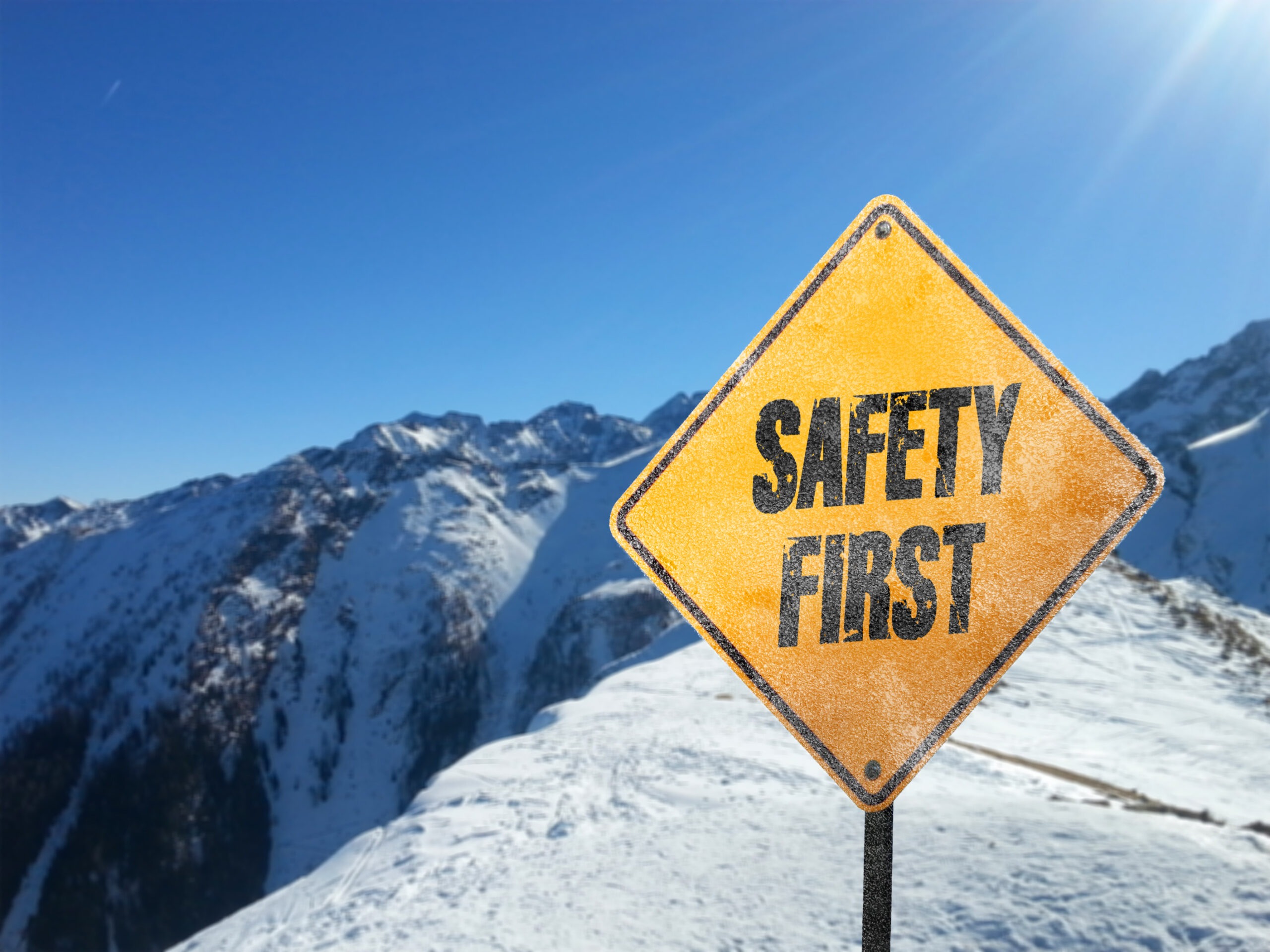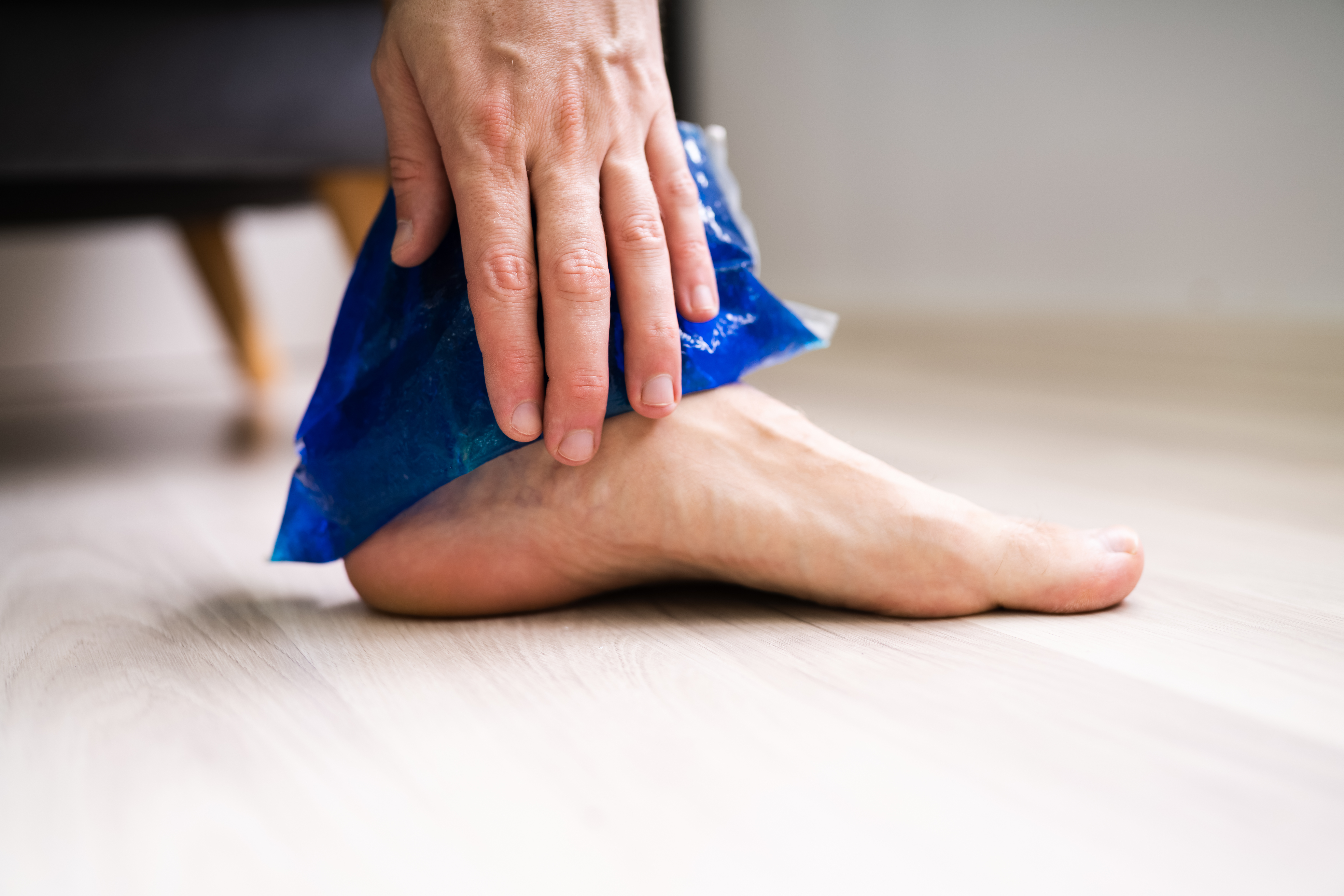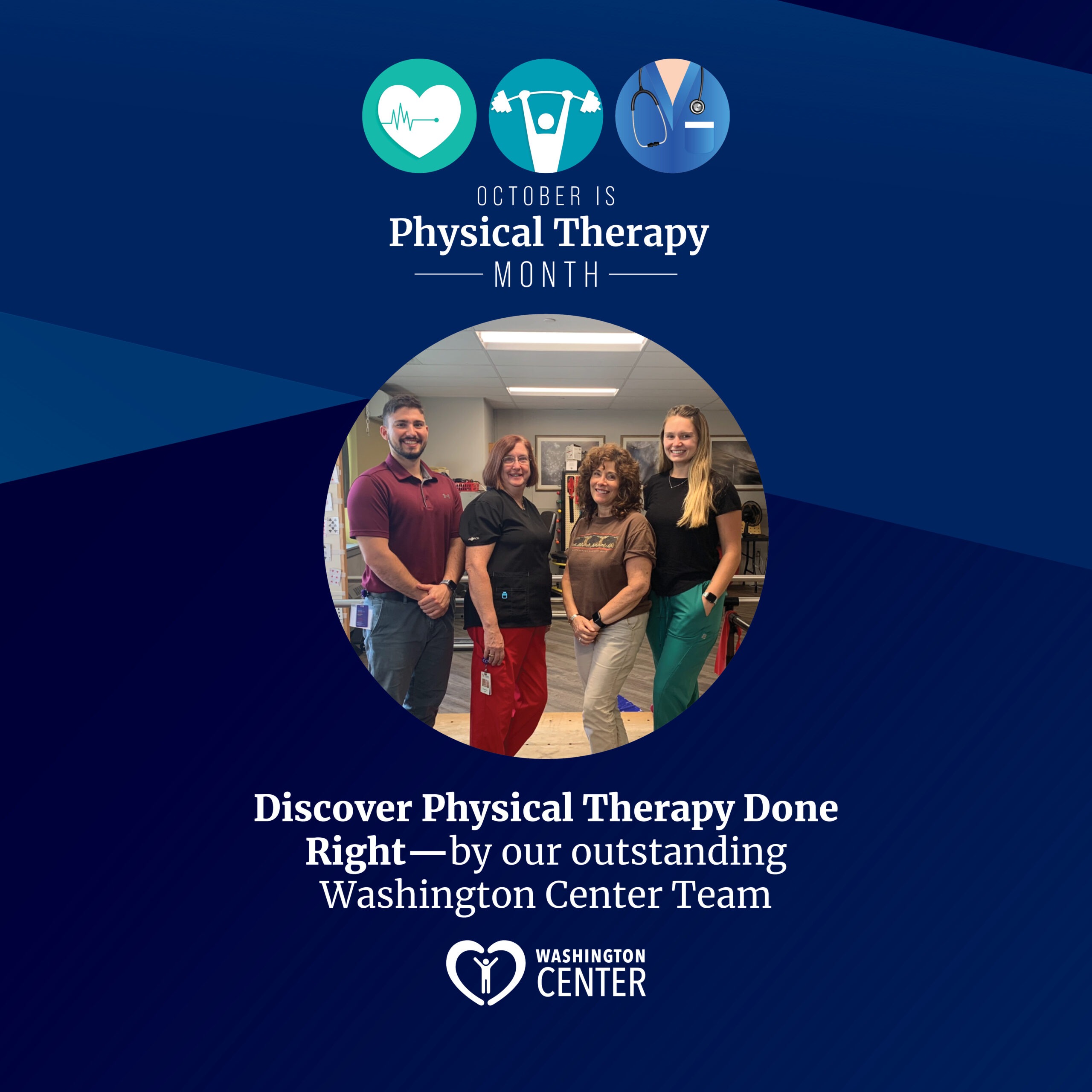As the colder months approach, we prioritize your safety. Discover practical winter safety tips, especially designed for those with mobility challenges. From navigating icy paths to ensuring a warm environment, we’ve got you covered for a safe and secure winter.
-
Dress in Layers:
- Wear multiple layers of clothing to trap warm air close to your body.
- Use moisture-wicking base layers to keep sweat away from your skin.
- Ensure your outer layer is windproof and waterproof to protect against the elements.
-
Stay Dry:
- Wet clothing can significantly increase heat loss. Avoid staying in wet clothes for an extended period.
- Use waterproof gear like boots and jackets to stay dry in snowy or rainy conditions.
- Carry an extra set of dry clothes if you anticipate getting wet.
-
Prevent Frostbite and Hypothermia:
- Be aware of the signs of frostbite (numbness, tingling, or pain in extremities) and hypothermia (shivering, confusion, slurred speech).
- Dress appropriately for the weather and seek shelter if you notice any symptoms.
- Keep an eye on others, especially children and older people, to ensure they stay warm.
-
Be Cautious on Slippery Surfaces:
- Walk carefully on icy or snowy surfaces to prevent slips and falls.
- Wear footwear with good traction, or add ice grips to your shoes.
- Use salt or sand to improve traction on icy walkways.
-
Winterize Your Home and Vehicle:
- Insulate your home to conserve heat and prevent drafts.
- Ensure your heating system is in good working order and have it inspected regularly.
- Winterize your vehicle by checking the tires, brakes, and fluids. Keep an emergency kit with essentials like blankets, a flashlight, and non-perishable snacks.
Explore our comprehensive guide to winter safety with Centers Healthcare, featuring additional tips on staying warm, preventing slips, and ensuring a comfortable and secure winter season.
To learn more about Washington Center, visit centershealthcare.com/locations/washington-center or call 800-305-9151






